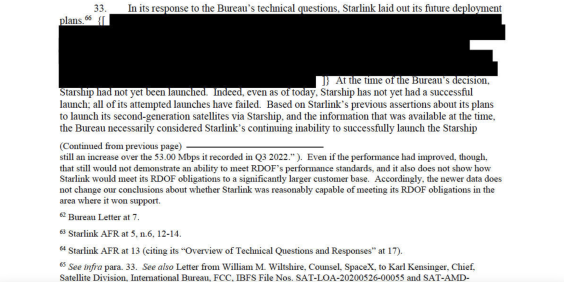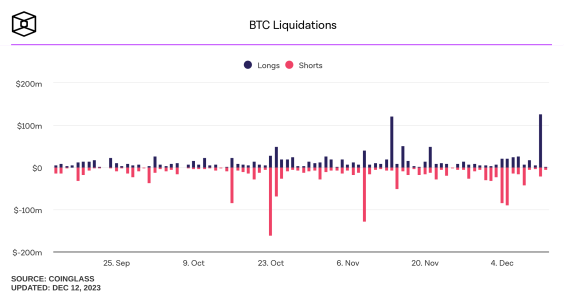This is not investment advice. The author has no position in any of the stocks mentioned. Wccftech.com has a disclosure and ethics policy.
Tesla (NASDAQ:TSLA) supremo and beloved (by some) visionary Elon Musk just returned to the United States from a multi-day business trip to China. He appears to have scored a major victory for his automaker, Tesla, by securing an exemption to the auto purchase tax set at 10% by the Ministry of Industry and Information Technology. The Ministry notified the exemption on its official website - exempting all sixteen variants sold in the country by Musks' company. Shares were up over 4% in the pre-market session and a more modest 1.5% in late afternoon trading.
Elon The Dealmaker
The exemption comes as a major relief to the automaker caught in the crossfire of the US-China trade war. The company like many other importers into china has been slapped with a 25% tariff (and a further 5% on auto parts) and is also suffering from the devalued yuan. To combat the elevated risk to its bottom line in the country it recently raised prices. Removing the purchase tax from the total mark-up would shave off roughly $14,000 off the list price for its various models.
Elon in his recent visit to Shanghai - to attend the world artificial intelligence conference - also toured the manufacturing facility being completed at shanghai in record pace - the Gigafactory 3. He also met with high ranking officials in the local and national government - including China' Vice President Wang Qishan and the minister of transportation. Elon is notably bullish on China and has on past occasions publicly praised the country for its performance in space, energy, and transportation.
Amazing space progress by China. This year they did more orbital launches than the USA for the first time. https://t.co/rIks4ZHuCO
— Elon Musk (@elonmusk) December 23, 2018
His deep and rising connections to the country's leadership and commercial stakeholders are evidently paying dividends.
Tesla's China Dream
Tesla is deeply invested in China - both on the consumer and the production side. Not only does Tesla see China as its biggest international market - consultancy firm LMC Automotive estimates sales doubled so far in the current fiscal year on year to 23,678 units - China itself is bullish on electric vehicles. Part of the reason the exemption was approved was probably an attempt to reinvigorate domestic producers and allow greater international competition.
The exemption must also be seen within the larger context of the slowdown in Chinese automotive sales. After more than two decades of growth, it saw its first decline last year in August - which has continued to the present day. The smallest decline was seen back in March - on the order of 5.2% - arrested to some degree by tax cuts handed out by Beijing (VAT in the manufacturing sector was reduced from 16% to 13%) as well as slashed retail prices by the automakers hoping to capture more of the consumer surplus.
However, notably, NEV (new energy vehicle including inter-alia fully electric cars) sales have remained robust and been trending upwards even in the midst of the general decline in the automotive sector and the trade war raging in the background - taking a toll on consumer purchasing power. The NEV segment saw a growth of 62% in the previous year and over 85.4% in the month of March of the current fiscal according to China Association of Automobile Manufacturers.
Beijing initiated a five-year subsidy program for NEV's starting in 2016 and recently began mandating NEV quotas for domestic manufacturers - to be phased out early in 2020, offering more evidence Beijing is trying to limit local firm' reliance on state funding and protection. Back in May, the Chinese government had released rules on the implementation of the aforesaid purchase tax and the industry had expressed anticipation of increased relaxations and regulatory stimulus to the stressed sector. Though none were immediately forthcoming - the general intent and thrust of policy by Beijing have since become more clear.
The Coming Winter
However, not all is well in Tesla land. The company is still faced with the specter of the tariff going from 15% to 40% in December (although once its plant in China comes online, locally produced vehicles will obviously not have the tariff). Mark Speigel of Stanphyl Capital captured the equation succinctly :
Simplest $TSLA China tax explanation:
It's a 10% exemption which combined with today's 2% price increases = 8% lower prices until the tariff goes from 15% to 40% on December 1st.
— Mark B. Spiegel (@markbspiegel) August 30, 2019













